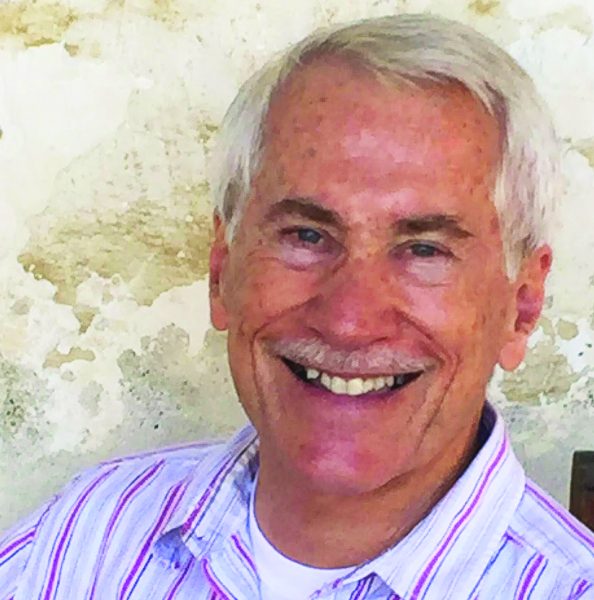 By Russ Gerber
By Russ Gerber
It was midday Saturday on one of California’s freeways when one driver cut off another; dangerous driving ensued, followed by a confrontation and an attack. In a matter of moments, a nasty road rage incident occurred, according to Highway Patrol officials, ending in felony charges being filed.
On the other coast, in a seminar room in New York City, a workshop aimed at reining in workplace anger was underway. The speaker told attendees that people get angry an average of 10 to 14 times a day. Most work-related anger doesn’t turn violent, he says, but it does damage relations and reputations, and it hurts morale.
I’m reading about these events in what feels like a welcome refuge from them, the peacefulness of my home. It gives me a chance to think about the things that can influence behavior on the road and in the workplace, anywhere really. A disturbing comment, a careless maneuver, an emotional outburst, perceived unfairness – there are lots of anger-triggers.
But what should be our response to them?
The idea of a refuge reminds me of the 91st Psalm and its reference to “the secret place of the most High” as “my refuge and my fortress.” That mental fortress is certainly a calming image, but does it suggest that the best we can do is find a safe place for ourselves in an otherwise fuming world? Or did the Psalmist have a broader message in mind?
My read is that the secret place is not some faraway abode, but rather a state of consciousness. No matter what’s going on around us, we would do well to be influenced by a higher state of thought – by the most High, the divine Mind, rather than take it for granted we’re at the mercy of runaway emotions and circumstances.
Who wouldn’t prefer to have a sense of dominion over the lowest thoughts and feelings someone can have toward another? Unselfishness, patience, forgiveness, compassion, and calm are uplifting and far more beneficial than lower qualities such as anger, revenge, or self-righteousness.
Better still is to ponder something essential about those with whom we share the road or the workplace. They are not pawns of destructive thoughts, either. Instead of bracing ourselves for some emotion-packed comment or behavior, we can have a higher idea of others, rooted in the inspired message of the Bible. We can become aware of everyone’s enormous potential for good because of their original, spiritual nature.
Sticking with that higher, spiritual idea of others is one way to have a positive impact on any atmosphere where we come into contact with others. Yes, it takes a good heart to want to improve conditions for society. And yes, making progress will require practice and persistence, as do most high goals.
Here’s what I think the Psalmist wanted us to realize: That secret place of the most High isn’t being kept a secret. The highest qualities of Divinity are ever expressive, welcoming us into a friendlier, more respectful, more loving state of consciousness, right now. Where it appears there is uncontrollable anger or disrespect, the spirit of Love itself is there, not only as a fortress, but as a force for good, helping us change how we feel and how we respond. Our sincere desire to abide in that higher, loving consciousness can make a big difference.
Further on in Psalm 91, the writer says, “Because thou hast made the Lord, which is my refuge, even the most High, thy habitation; there shall no evil befall thee, neither shall any plague come nigh thy dwelling.” Wouldn’t that apply to the “plague” of anger?
That’s doing more than succumbing to it. It is helping to eliminate it.
Russ and his wife moved back home to Southern California after working in Boston as the media manager for the Christian Science church. With a background in publishing, most of his time is spent writing, reading, volunteering, and grandparenting.



